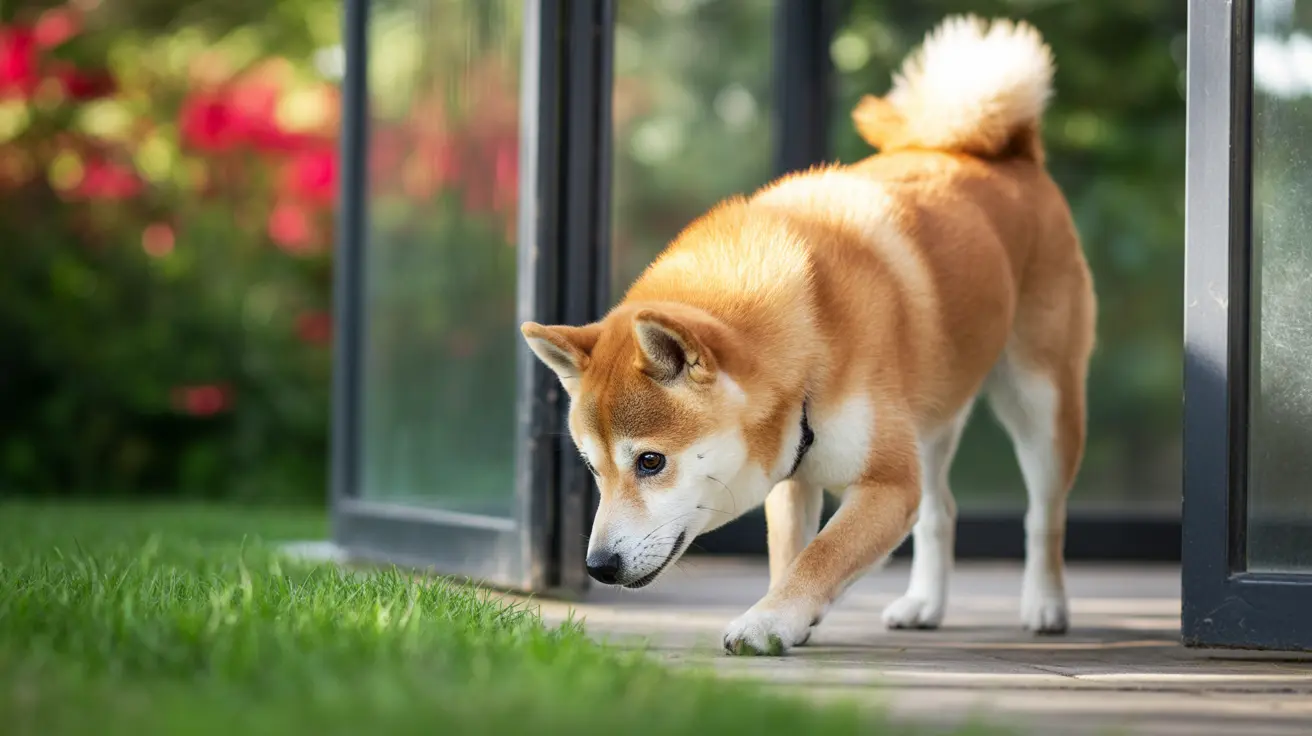Legal Restrictions on Coyote Ownership
The legal landscape surrounding coyote ownership is highly restrictive across the United States. Most states explicitly prohibit keeping coyotes as pets without special permits, which are rarely granted to private individuals. These permits are typically reserved for wildlife sanctuaries, educational facilities, and licensed exhibitors.
Even in jurisdictions where ownership might technically be possible with proper licensing, local ordinances and homeowners' associations often impose additional restrictions or outright bans. Violations can result in substantial fines, animal confiscation, and potential criminal charges.
Understanding Coyote Behavior and Care Requirements
Coyotes are wild animals with deeply ingrained instincts that make them challenging to keep as pets. Unlike domestic dogs, which have evolved alongside humans for thousands of years, coyotes retain their wild nature even when raised in captivity.
Housing and Space Requirements
If legally permitted to keep a coyote, the housing requirements are extensive:
- Secure outdoor enclosures with climb-proof fencing
- Underground barriers to prevent digging
- Significant space for exercise and natural behaviors
- Multiple hiding spots and enrichment areas
- Weather-protected shelters
Diet and Nutrition
Coyotes require a specialized diet that includes:
- Fresh meat and organ meat
- Whole prey items
- Carefully balanced nutrients
- Regular feeding schedules
- Safe food storage facilities
Health and Safety Considerations
Keeping a coyote poses significant health and safety risks to both the owner and the community. These animals can't be fully domesticated and may exhibit unpredictable behavior, especially during breeding seasons or when stressed. Additionally, finding veterinary care can be challenging, as few practitioners have experience with wild canines.
Ethical Implications of Coyote Ownership
Beyond legal and practical considerations, there are serious ethical concerns about keeping coyotes as pets. These animals play crucial roles in their natural ecosystems, and removing them from the wild can have negative environmental impacts. Furthermore, captive coyotes often struggle to express their natural behaviors, leading to stress and potential behavioral issues.
Alternative Options for Wildlife Enthusiasts
For those interested in working with wildlife, there are several more appropriate alternatives:
- Volunteer at wildlife rehabilitation centers
- Support coyote conservation efforts
- Consider similar-looking domestic dog breeds
- Participate in wildlife education programs
- Document wild coyotes through photography
Frequently Asked Questions
Is it legal to have a coyote as a pet in my state?
In most states, it is illegal to keep a coyote as a pet without special permits, which are rarely granted to private individuals. Check with your state's wildlife agency for specific regulations.
How do I care for a coyote if I am legally allowed to keep one as a pet?
Legal coyote care requires extensive outdoor enclosures, specialized diets, experienced veterinary care, and significant time commitment. They need proper enrichment, security measures, and careful handling protocols.
What are the main risks and challenges of keeping a coyote as a pet?
Major challenges include legal compliance, escape risks, aggressive behaviors, difficulty in training, specialized care requirements, and potential liability issues if the animal causes harm.
Can coyotes be domesticated, and if so, how different is their behavior from domestic dogs?
Coyotes cannot be truly domesticated like dogs. While they may learn some basic commands, they retain wild instincts and behaviors that make them unsuitable as pets, even when raised from pups.
What are some ethical alternatives to keeping a coyote as a pet for those interested in interacting with wildlife?
Consider volunteering at wildlife sanctuaries, supporting conservation efforts, photographing wild coyotes, or adopting domestic dog breeds with similar appearances. These options allow for wildlife interaction while respecting natural ecosystems.






